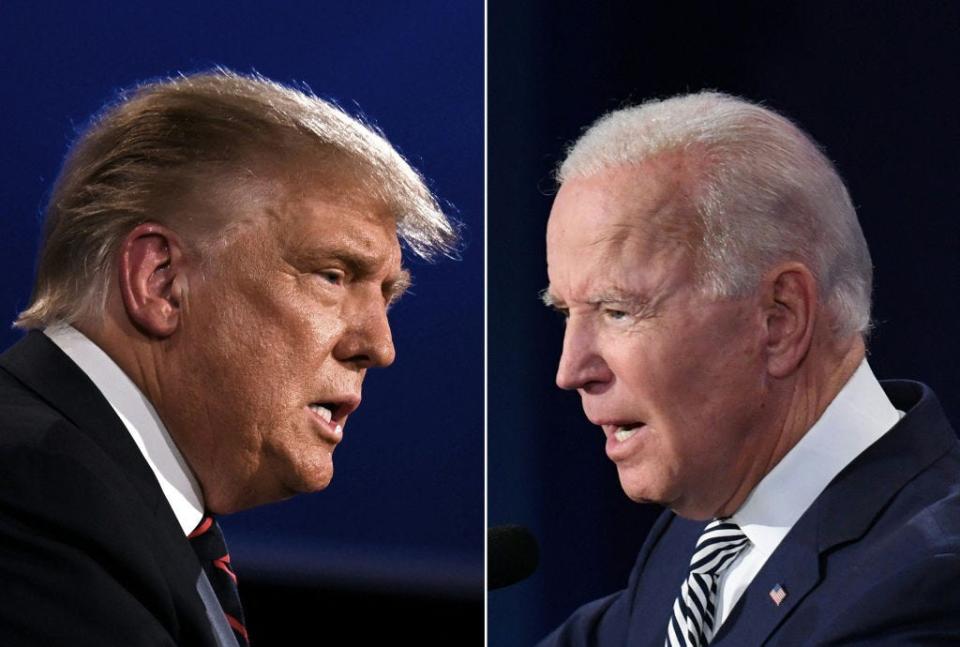So you want to be the next US president? These are the requirements needed to qualify.
Have you considered running for U.S. president? Here's what it takes to run for the highest office in the land.
More: Donald Trump trial live updates: Stormy Daniels describes hush money deal
What are the requirements?
According to Article II of the U.S. Constitution, for a person to qualify for presidential candidacy must:
Be a natural-born citizen of the U.S.
Have lived in the U.S. for at least 14 years
Be at least 35 years old
Prep for the polls: See who is running for president and compare where they stand on key issues in our Voter Guide

Once a candidate is officially on the presidential ballot, they must earn at least 270 votes from the Electoral College to win the election. There are 538 electoral votes spread out between the 50 states and Washington, D.C., based on their number of congressional members.
Forty-eight states and D.C. are winner-take-all, meaning whatever candidate wins in the state gets all of its electoral votes. Maine and Nebraska use the congressional district method, splitting their votes amongst the state and some of its congressional districts.
More: What are the requirements to be president? These are the qualifications for the role
What if a candidate doesn't receive 270 votes?
If no candidate receives the 270 votes required to win, the U.S. House of Representatives will vote for the next president from the top three candidates. The U.S. Senate will then elect the vice president from the remaining two candidates. This has only happened twice: once in 1800 and again in 1824.
After being elected, the president serves for four years and is limited to a maximum of two terms. However, the vice president may take over if an event evokes any section of the 25th Amendment, including:
The president's death
The president's resignation
The president's temporary incapacitation
The vice president and a majority of the cabinet deem the president is no longer able to perform the duties of the presidency
Prep for the polls: See who is running for president and compare where they stand on key issues in our Voter Guide
As of the 2020 election, eight presidents have died in office:
William Henry Harrison
Zachary Taylor
Abraham Lincoln
James A. Garfield
William McKinley
Warren G. Harding
Franklin D. Roosevelt
John F. Kennedy
Currently, the only president to ever resign from office was Richard Nixon.
Victor Hagan is the Alabama Election Reporting Fellow for the USA TODAY Network. He can be reached at vhagan@gannett.com or on X @TheVictorHagan. To support his work, subscribe to the Advertiser.
This article originally appeared on Montgomery Advertiser: 3 requirements if you want to be the next US president

